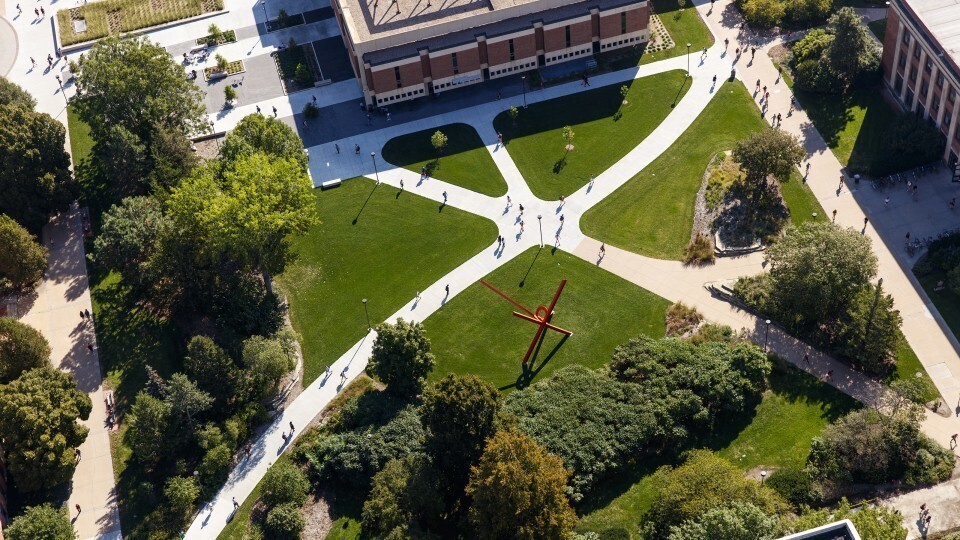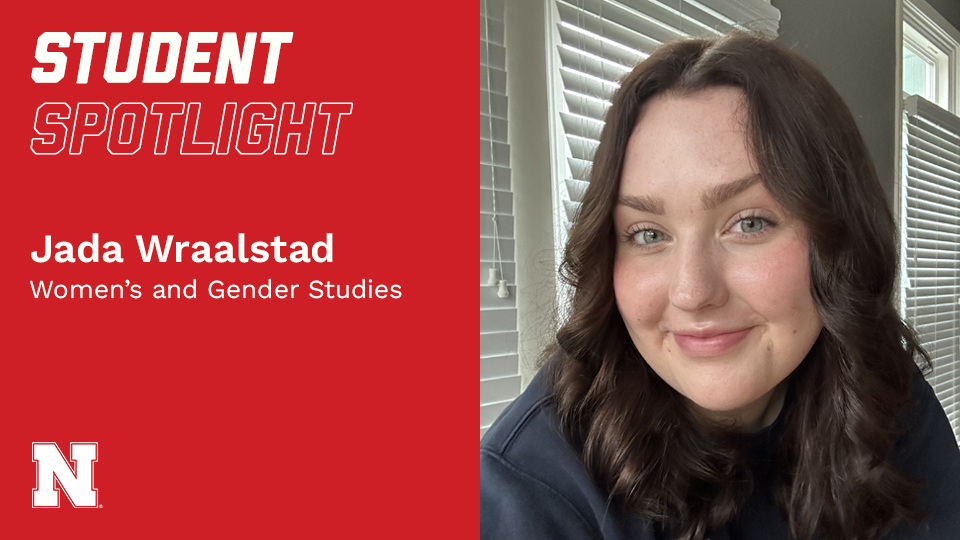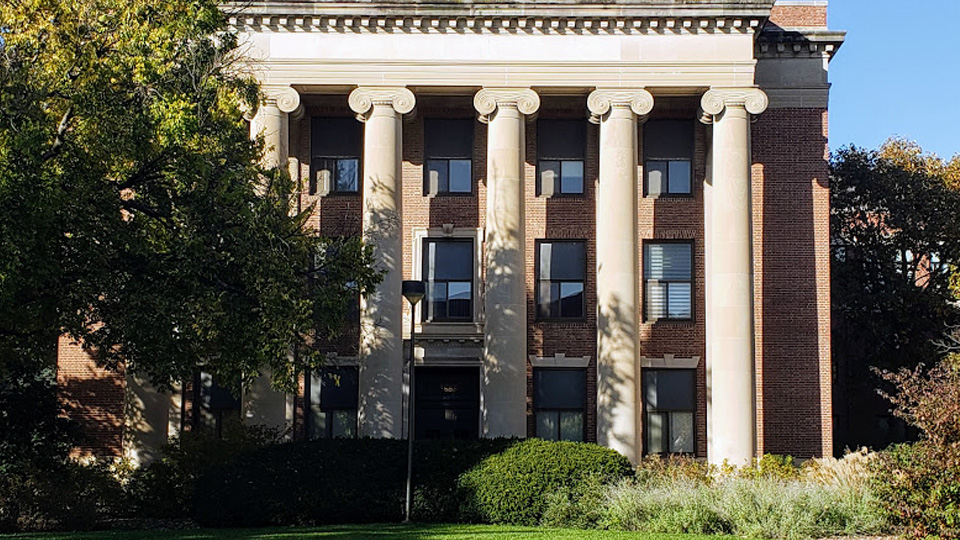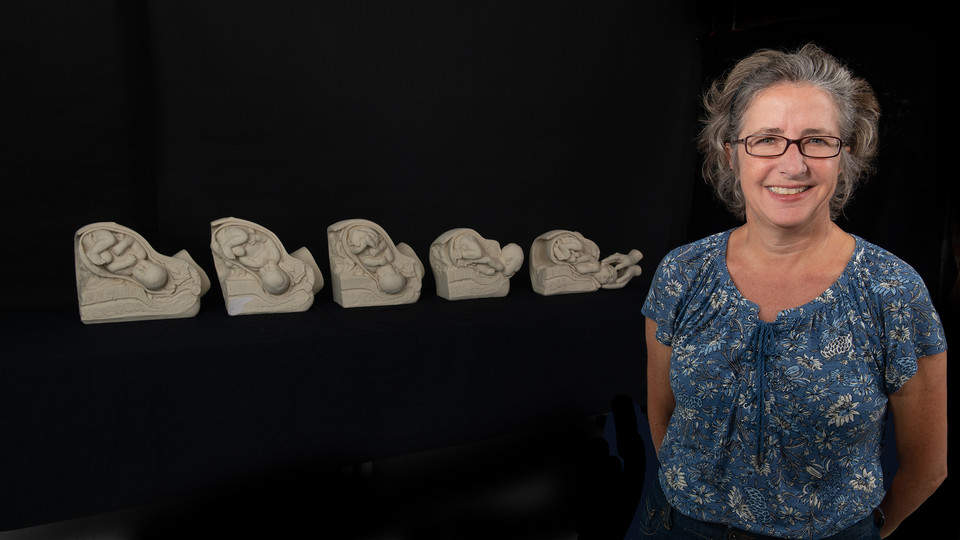Unpopular Majors Can Prove Beneficial to Students
Some students have uncommon majors as secondary and tertiary focuses. This trend is not uncommon for the major of women’s and gender studies, said Chantal Kalisa, director of women’s and gender studies.
The major, which currently hosts 23 undergraduate majors, has been offered at the university for more than 30 years.
Kalisa, who calls the major the university’s “best kept secret,” said those in the major or taking courses within it usually don’t enroll in it the beginning of their college careers.“It’s not something students are usually exposed to right out of high school,” Kalisa said. “People consider changing after taking their first class.”
Kalisa said students usually pair the major with another major in the sciences and humanities, such as English, history, psychology, sociology, political science or communication studies. Many women’s and gender studies majors want to work with women’s issues in areas such as politics, law or health, she said.
The major can be more beneficial for medical students than one may think, Kalisa said.
“The world is more than half women, and they have specific health issues,” she said. “You can’t treat men’s and women’s bodies in the same way.”
Catherine Tran, a 2013 UNL graduate, majored in women’s and gender studies and is now attending the College of Medicine at the University of Nebraska Medical Center. Tran, who transferred to UNL as an undeclared major her junior year after attending the University of Pennsylvania, said she was interested in the major because it was interdisciplinary.
She said having the major in her arsenal gives her an edge in medical school.
“Most of my classmates are biology majors,” Tran said.
She said that as a hopeful future doctor, it is important for her to understand the cultural and historical context of health issues.
“You’re treating the whole person, not just their disease,” Tran said.
In the future, Tran said she is considering the options of working in women’s health or becoming an OB/GYN. Whatever she chooses, Tran said she wants to remain an advocate for women’s issues.
You can read the full story at the Daily Nebraskan.


